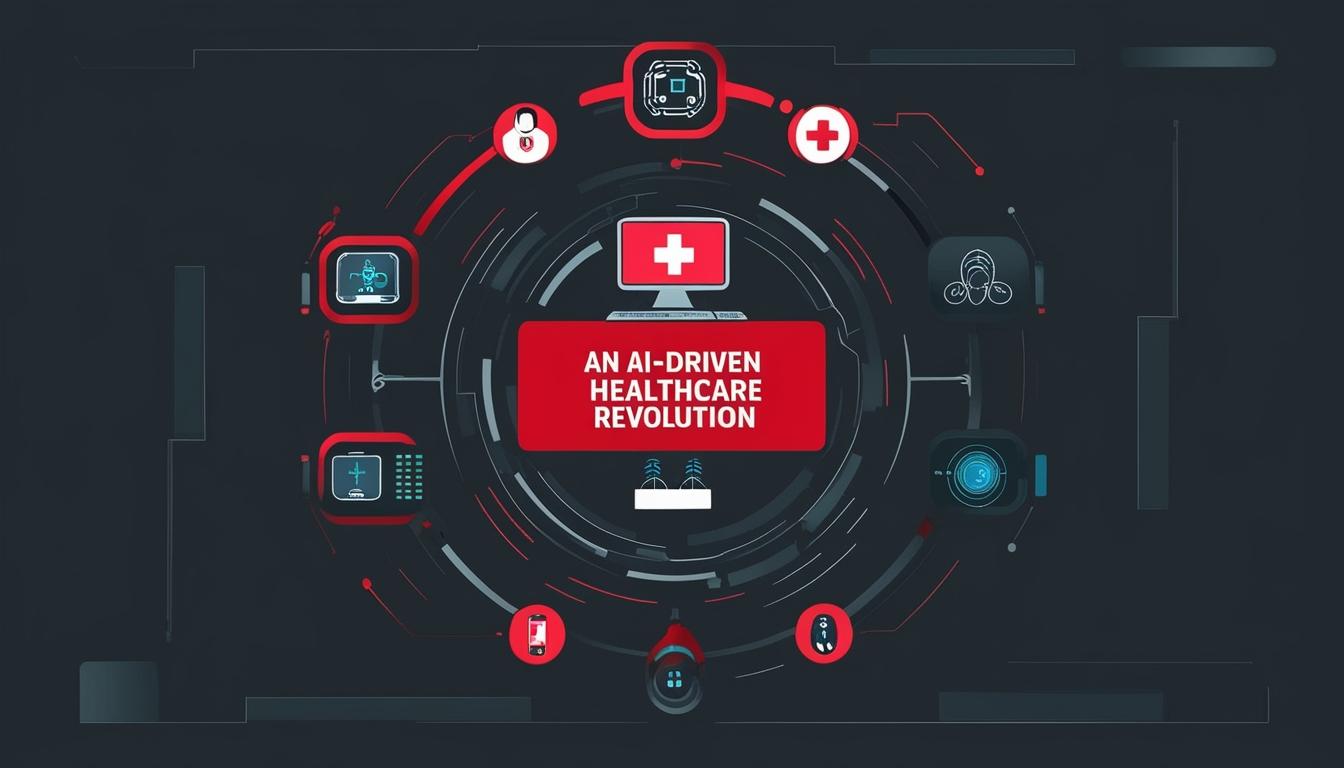The health technology (healthtech) sector is witnessing rapid expansion, significantly altering the landscape of global healthcare. A recent assessment by CEO Krishna Thakur reflects on the predictions for 2024 that have materialised and provides insights into the upcoming trends expected in 2025.
Looking back at the developments of 2024, significant trends were identified, highlighting the continuing integration of artificial intelligence (AI) in healthcare. AI's influence on diagnostics has notably expanded beyond radiology to critical areas such as pathology and genomics. The NHS AI Lab's investment of over £100 million from its £250 million budget reinforces the earlier forecasts regarding AI’s transformative capacity within healthcare systems.
Another notable advancement is the rise of Robotic Process Automation (RPA). This technology has proved essential in alleviating administrative burdens, enabling healthcare providers to prioritise patient care. By refining workflows, RPA enhances operational efficiency within health facilities.
The evolution of patient engagement has also taken a significant leap with the realisation of the "digital front door" concept, predominantly through enhanced digital health platforms such as the NHS App. With more than £2 billion invested to improve these platforms, patients are now experiencing easier access to a variety of healthcare services.
Looking ahead to 2025, several trends are expected to shape the healthtech sector. One prominent projection is the mainstream adoption of telemedicine and sophisticated remote monitoring devices. These advancements are anticipated to enhance chronic disease management and minimise the need for hospital readmissions, significantly improving overall healthcare accessibility.
Additionally, personalised medicine is set to gain traction through the integration of genomic data into Electronic Health Records (EHRs). This approach aims to provide tailored treatment plans founded on individual genetic profiles, potentially resulting in greater efficacy and fewer adverse side effects.
Wearable technology is also expected to evolve, with next-generation devices offering capabilities beyond mere vital sign tracking. These wearables will propose real-time analysis of biochemical markers, enabling users to proactively manage their health and obtain a comprehensive understanding of their well-being.
As the digitisation of healthcare intensifies, focusing on cybersecurity will become increasingly critical. Investments aimed at securing patient data are essential for maintaining trust and ensuring the resilience of digital health systems.
In terms of global healthtech leadership, North America is anticipated to maintain its dominance, bolstered by robust venture capital investments and a supportive ecosystem for innovation. In this region, AI-driven solutions and telehealth platforms are poised for continued growth.
Europe is also emerging as a significant player, propelled by cross-border collaborations and established privacy regulations. The region has seen substantial investments in AI and digital therapeutics.
Saudi Arabia is gaining traction as a burgeoning healthtech innovator with its Vision 2030 initiative, which has led to billions being invested in digital health transformation. The country’s focus on telemedicine, AI applications, and smart hospitals is exemplified through projects like the Seha Virtual Hospital, which is regarded as the largest of its kind globally. The government's partnerships with international healthtech companies further fortify Saudi Arabia's standing in the sector.
Several factors are driving growth within healthtech, including ongoing technological innovation, demographic trends such as an aging population and the rising incidence of chronic diseases, as well as favourable policies and significant investment support from both public and private sectors.
Investment in healthtech is projected to hit record highs by 2025, with the NHS allocating billions for digital transformation efforts. Private equity and venture capital firms are also increasingly focusing their contributions on startups specialising in AI, remote care, and wearable technologies.
According to Krishna Thakur, the healthtech industry is gearing up for another transformative phase. With substantial investments, innovative technologies, and increased global collaboration, the year 2025 is anticipated to significantly redefine healthcare delivery across the world.
Source: Noah Wire Services
